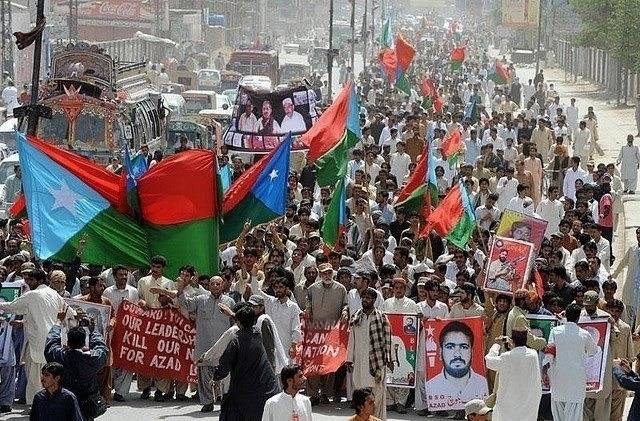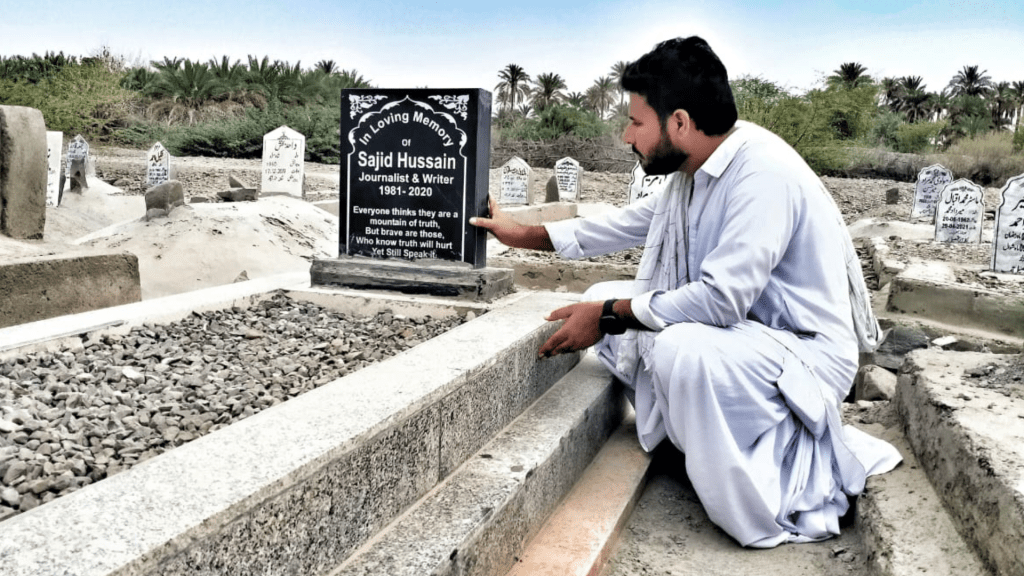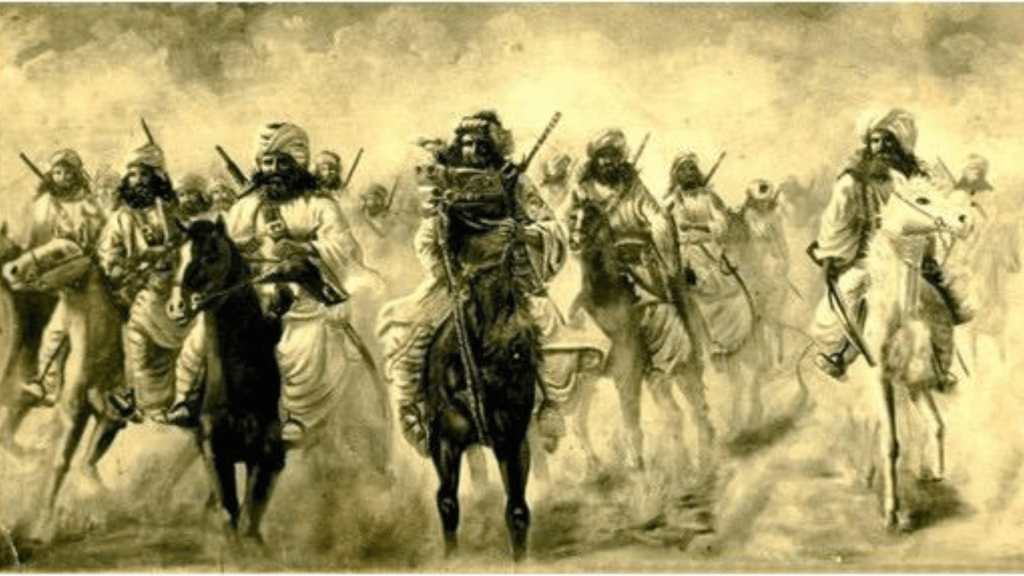The Baloch liberation movement, a complex and enduring struggle for autonomy and justice, has long been revered for its resilience and commitment. However, beneath its noble objectives lies a disturbing truth: the prevalence of a deeply entrenched patriarchal structure and mentality within its core organizations.
One cannot help but notice that the parties advocating for freedom, such as the Baloch National Movement, the Free Balochistan Movement, and the Baloch Republican Party, have traditionally been patriarchal movements led predominantly by men, who seem oblivious to the urgent need for gender equality within their ranks. It is disheartening to observe how Baloch men in leadership positions continue to promote toxic masculinity, perpetuating a system that subjugates women, let alone queer individuals. While the Baloch movement seeks to liberate a community from oppression, it seems to be suppressing it further by inadvertently promoting traditional patriarchy. The absence of women in key positions creates a structural imbalance that raises questions about inclusivity. Baloch women, who have often borne the brunt of conflict, deserve a prominent role in decision-making processes.
The absence of female leaders within these organizations reflects a stark gender disparity. The struggles of Baloch women and queer individuals, their unique experiences and perspectives, remain marginalized, hindering the movement’s ability to address the full spectrum of Baloch issues.
Additionally, the burden of household responsibilities and childcare often falls solely on Baloch women, making it challenging for them to actively participate in the movement.
The movement’s emphasis on militant action can sometimes promote toxic masculinity, glorifying aggression as a heroic trait. This not only alienates potential female members but also restricts the diversity of tactics used to achieve liberation.
Historically, colonialism had a profound impact on gender dynamics in colonized societies. It often reinforced patriarchal norms and imposed Western gender roles, contributing to the subjugation of women and queer individuals. Colonial powers often exploited gender-based divisions to maintain control. Decolonization movements in the mid-20th century aimed to address these issues and promote gender sensitivity in post-colonial societies. Ongoing efforts persist today to recognize and rectify the lasting effects of colonialism on gender equality.
In my view, it is essential for the Baloch liberation movement to critically self-reflect and address these issues before they become entrenched. Baloch men in leadership positions should actively seek out and mentor female and queer leaders, creating a more diverse and inclusive leadership culture. Political parties should develop gender-sensitive policies that support and encourage the active participation of women and queer individuals, including providing support and addressing gender-based violence.
Token politics, a deceptive facade of inclusivity, serves no purpose. Women and queer individuals are often granted token positions, serving as mere embellishments. Such tokenism undermines their genuine contributions.
It is imperative that the Baloch liberation movement undergoes a profound transformation, with political parties critically examining and rectifying their patriarchal norms. A truly free and just Balochistan cannot be realized unless it embraces gender equality and provides a space for all genders.
Lastly, it is crucial to initiate an open dialogue within the Baloch liberation movements. Only by dismantling the toxic power dynamics and token politics can these organizations truly embody the principles of justice and freedom they proclaim to champion. The time for criticism and self-reflection is now. We must not wait until it is too late.
Farhad Baloch hails from Balochistan and is currently living in exile in Germany. Farhad is a feminist and anti-racist.




